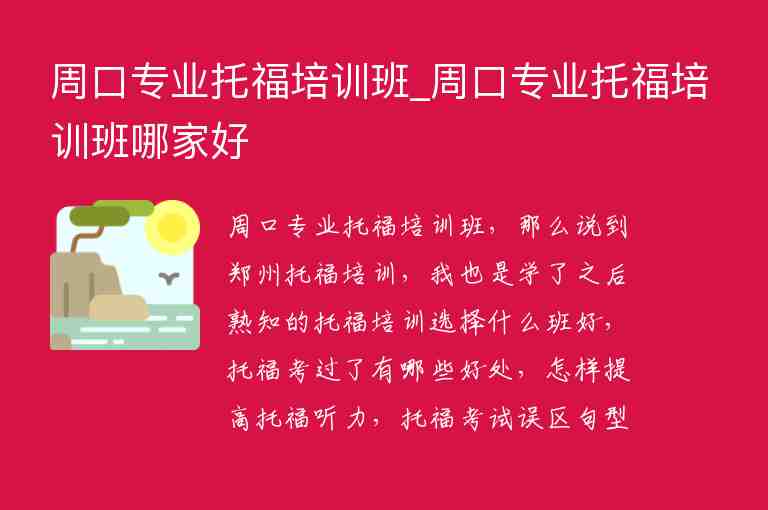一:blister是什么意思?用法、例句的意思:
blister是一个名词,意为水泡,也可以用作动词,表示起水泡。它可以指皮肤上因摩擦或烧伤而形成的水泡,也可以指其他物体表面因受热或受压而产生的凸起和气泡。在医学上,blister还可以指药物包衣或药片外层的薄膜。此外,在口语中,blister还可以用来形容某件事物非常迅速、强烈或大量。
二:怎么读(音标):
blister的音标为[ˈblɪstər]。
三:用法:
1. 作为名词时,常用于描述皮肤上的水泡,如“I have a blister on my toe.”(我脚趾上有个水泡);也可以指其他物体表面的凸起和气泡,如“The paint on the wall is starting to blister.”(墙上的油漆开始起泡了)。
2. 作为动词时,常用于表示皮肤因摩擦或烧伤而形成水泡,如“My new shoes are blistering my feet.”(我的新鞋子把我的脚磨出了水泡);也可指其他物体因受热或受压而产生凸起和气泡,如“The heat from the fire blistered the paint on the car.”(火烤使得汽车上的油漆起泡了)。
3. 在医学上,blister还可以指药物包衣或药片外层的薄膜,如“Be careful not to break the blister when taking the medicine.”(服用药物时要小心不要弄破药片的包衣)。
4. 在口语中,blister还可以用来形容某件事物非常迅速、强烈或大量,如“The team played with blistering speed and won the game.”(球队以惊人的速度打球并赢得了比赛)。
四:例句1-5句且中英对照:
1. I have a blister on my heel from wearing new shoes.(我因为穿新鞋子而在脚后跟起了水泡。)
2. The hot water burned his skin and caused blisters to form.(热水灼伤了他的皮肤并导致水泡形成。)
3. The sun was so strong that it blistered my skin within minutes of being outside.(太阳实在太强了,我一出门几分钟就被晒出了水泡。)
4. The paint on the old house was starting to blister due to years of exposure to the sun and rain.(老房子上的油漆因多年暴晒和雨水的侵蚀开始起泡了。)
5. He ran so fast that he blistered his feet and had to s to take care of the blisters.(他跑得太快,把脚都跑起了泡,不得不停下来处理水泡。)
五:同义词及用法:
1. bubble:指表面有小气泡或液体的球状物,也可以用作动词表示形成气泡。
2. vesicle:指皮肤上的小水泡,也可以指细胞内部的小囊泡。
3. pustule:指皮肤上有脓液的小丘疹,常见于痤疮等皮肤病。
4. sore:指皮肤上因摩擦、刺激或感染而引起的疼痛和红肿的部位。
5. boil:指皮肤下层组织发生化脓性感染而形成的肿块。
六:编辑总结:
blister是一个多义词,在不同语境中可以表示不同含义。作为名词时,常用于描述皮肤上的水泡或其他物体表面的凸起和气泡;作为动词时,则可以表示皮肤因摩擦或受热而产生水泡,或其他物体因受热或受压而产生凸起和气泡。此外,在医学上也有特定的用法,口语中还可以用来形容某件事物迅速、强烈或大量。为了避免歧义,建议在使用时根据具体情况选择合适的同义词或表达方式。

